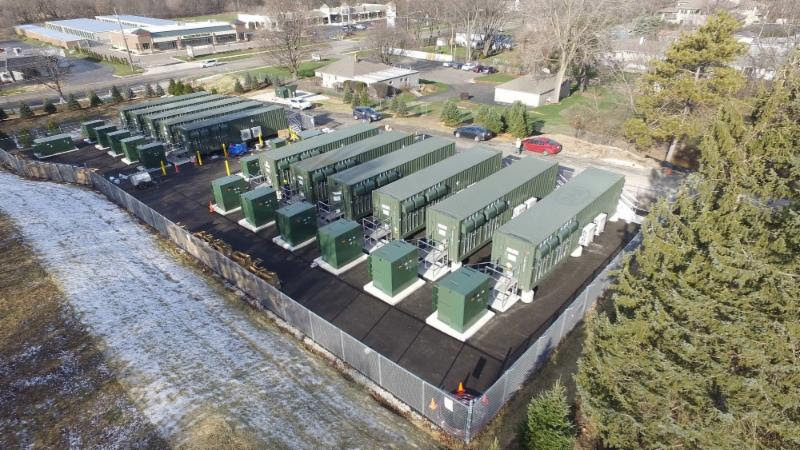India is likely to call for bids to set up 40 GW of battery storage capacity in the country by 2022. The capacity will be used to complement its targets of 30% EV sales by 2030 and 175 GW of renewables by 2022 – which together may need 300 GW of storage capacity.
Both domestic and international battery manufacturers could be eligible to apply for the bids and the nearly $40 billion in investments may attract global market leaders such as Softbank, Tesla and Panasonic to set up manufacturing plants in India.
India likely to add 80 GW of renewable energy capacity in next 5 yrs: Survey
India is expected to add about 80 gigawatts (GW) of renewable energy capacity in the next five years, according to Bridge to India survey. About 47 GW will be from utility scale solar, 21 GW from wind, 8 from rooftop solar and 3 GW from floating solar projects.
IEEFA: Rooftop solar projects must for India to meet 175 GW renewable energy goal
To meet its target of 175 GW renewables energy by 2022, India needs faster implementation of roof-top solar projects, said leading energy analysis firm IEEFA. Of the 175 GW, India expects 100 GW from solar, 60 GW from wind, 10 GW from bio-power and 5 GW from small hydro-power. Out of the 100 GW solar capacity target, 40 GW is likely to be rooftop solar. India has installed 28 GW of total solar capacity, but rooftop solar in that constitutes only 10% of India’s 40 GW rooftop solar target. This is well below the run-rate anticipated by the government.
IEA: Renewable growth flatlined in 2018, well short of Paris goals
In a worrying global trend, renewable capacity growth stalled in 2018, after posting 20 years of strong annual growth, raising concerns about meeting long-term climate goals. According to International Energy Agency data, the new net capacity from solar PV, wind, hydro, bioenergy, and other renewable power sources increased by about 180 Gigawatts (GW) in 2018, the same as 2017. That’s just 60% of the net additions needed each year to meet long-term climate goals. IEA said renewables need to grow by over 300 GW on average annually between 2018 and 2030 to reach the Paris goals.
“Obligation met”, Karnataka puts a stop to large solar contracts
The Karnataka power regulator has stopped fresh contracts from large-scale solar projects for now, saying that the state is in power-surplus and has already contracted enough solar energy to meet its renewable purchase obligations (RPOs) for a couple of years, LiveMint reported. Experts see it as an attempt at balancing renewable power obligations with the financial health of its power distribution companies (discoms). Industry leaders point out that solar power should not only be produced for RPOs because it is also cost-effective and clean.
About The Author
You may also like
Converting Coal Mines to Solar Can Add up to 15% of Global Capacity: Report
Targeted co-financing can solve the challenge of just transition in emerging economies: Report
One-third of SE Asia’s data centres can be powered by renewables by 2030: Report
Solar tenders plunge 53% YoY in Q1 2025, auctions drop 39%
Fossil fuel industry emits one-third of global methane: IEA Report


